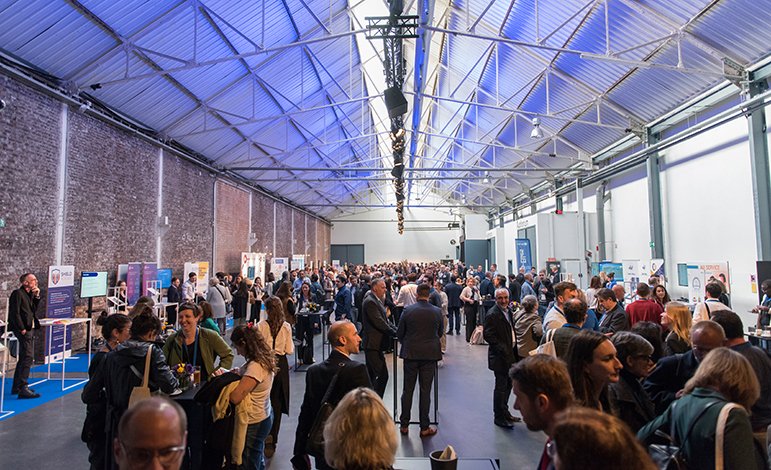Strengthening social cohesion to improve safety in cities
Ahead of the upcoming European elections, at a time when safety in cities is a major social and political issue, European cities and regions convened in Brussels from 20 to 22 March 2024 for the 8th edition of the international conference on Safety, Democracy & Cities to debate the democratic challenges that these issues bring.
This key event for those interested in urban security brought together over 100 speakers and 700 participants from 140 cities and regions in Europe and beyond.
The conference offered a unique opportunity to not only exchange ideas on the current and future security challenges that local elected representatives face every day, but also to highlight their central role in safeguarding democratic principles and fundamental rights.
Held every three years, the 2024 edition of this conference was organised jointly by the European Forum for Urban Safety (Efus) and safe.brussels, under the auspices of the Belgian presidency of the Council of the EU.
Efus, founded in 1987, is a network that represents the diversity of local and regional authorities and promotes exchanges of experience across political divides, based on the principle of cities helping cities. Bringing together nearly 250 towns and regions from 17 countries, Efus is the only European network of local and regional authorities dedicated to reflection, cooperation and support for elected representatives and their teams in their efforts to ensure urban safety.
Safe.brussels is the Brussels administration responsible for coordinating prevention measures and safety efforts in the Brussels-Capital Region and assisting the relevant stakeholders in order to guarantee the safety of Brussels residents and visitors.
Safe.brussels’ Managing Director, a senior Brussels district official, highlights the conference’s significance: “this conference is a key event for safe.brussels, and we are proud to be organising it in close collaboration with Efus, our privileged partner. What’s more, the conference takes place at a symbolic time for us: the somber 8th anniversary of the terrorist attacks in Brussels, as well as Belgium’s presidency of the Council of the European Union. These events reinforce the importance of this conference, reminding us of the need for collaboration to ensure security and democracy in our cities.”
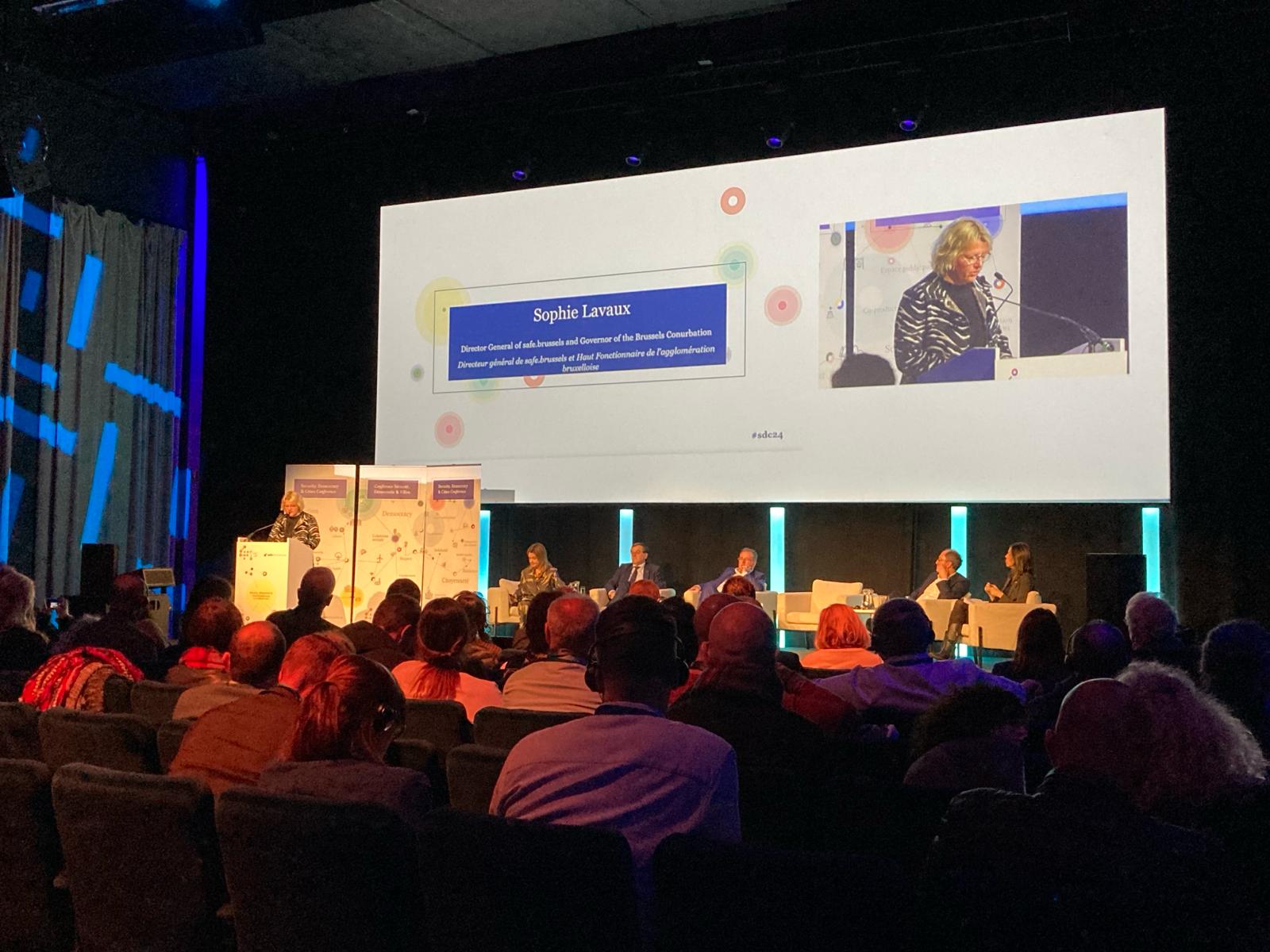
A wide range of themes and players
Key players in the field of urban safety from a variety of backgrounds, including elected representatives, local government officials, judges, security professionals, social workers, researchers and representatives of civil society, discussed around twenty themes that reflect the day-to-day reality of cities in terms of urban safety and crime prevention.
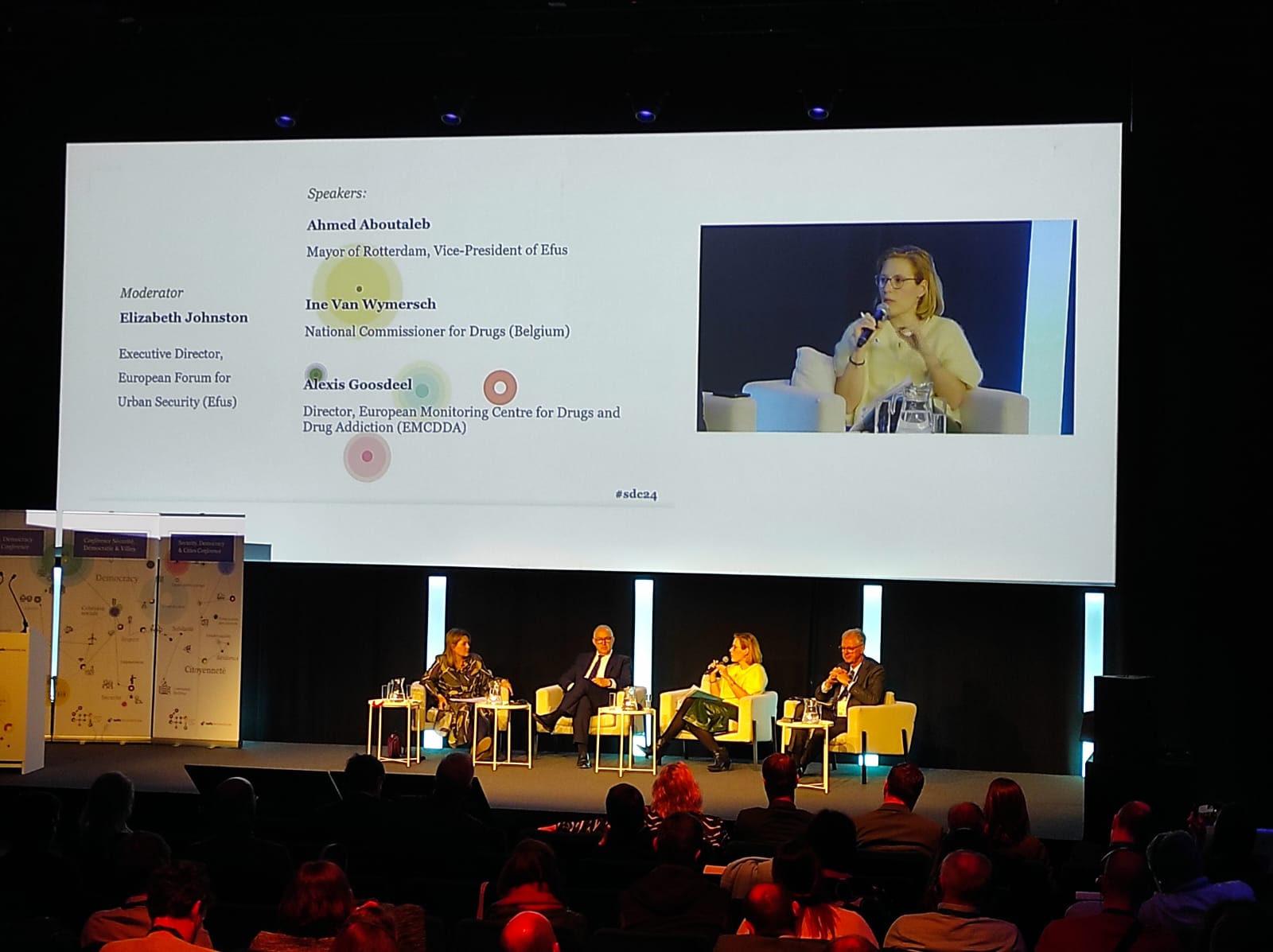
Field visits in the Brussels-Capital Region
To gain firsthand experience, participants embarked on a series of field visits showcasing the prevention measures in place in our region: low-risk consumption rooms, the Brussels Regional Crisis Centre (RCCR), technologies, management of public spaces, mediation measures, etc.
Policy recommandations
The work of Efus will contribute to the future European security strategy 2025-2029: How can we create cities where all citizens feel free and safe? How can we respond to the growing number of crises at local level? How can cities respond to local challenges relating to drugs and trafficking? How can citizens’ trust in institutions be strengthened? How can we improve community life and reduce polarisation? These were some of the questions at the heart of the conference, three months ahead of the European elections in June 2024. The policy recommendations resulting from the conference will be submitted to national governments and the European Union’s decision-making bodies.
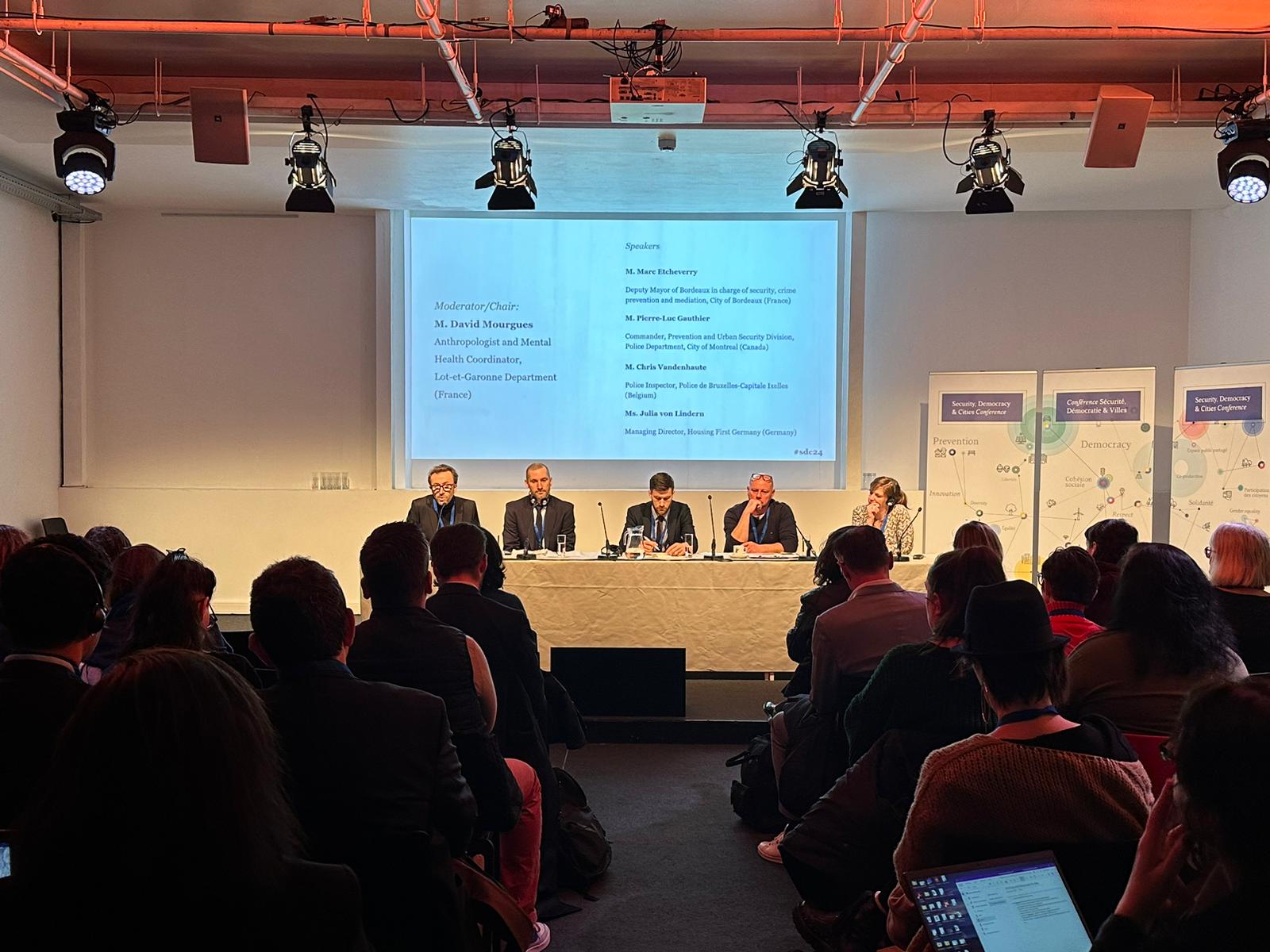 |
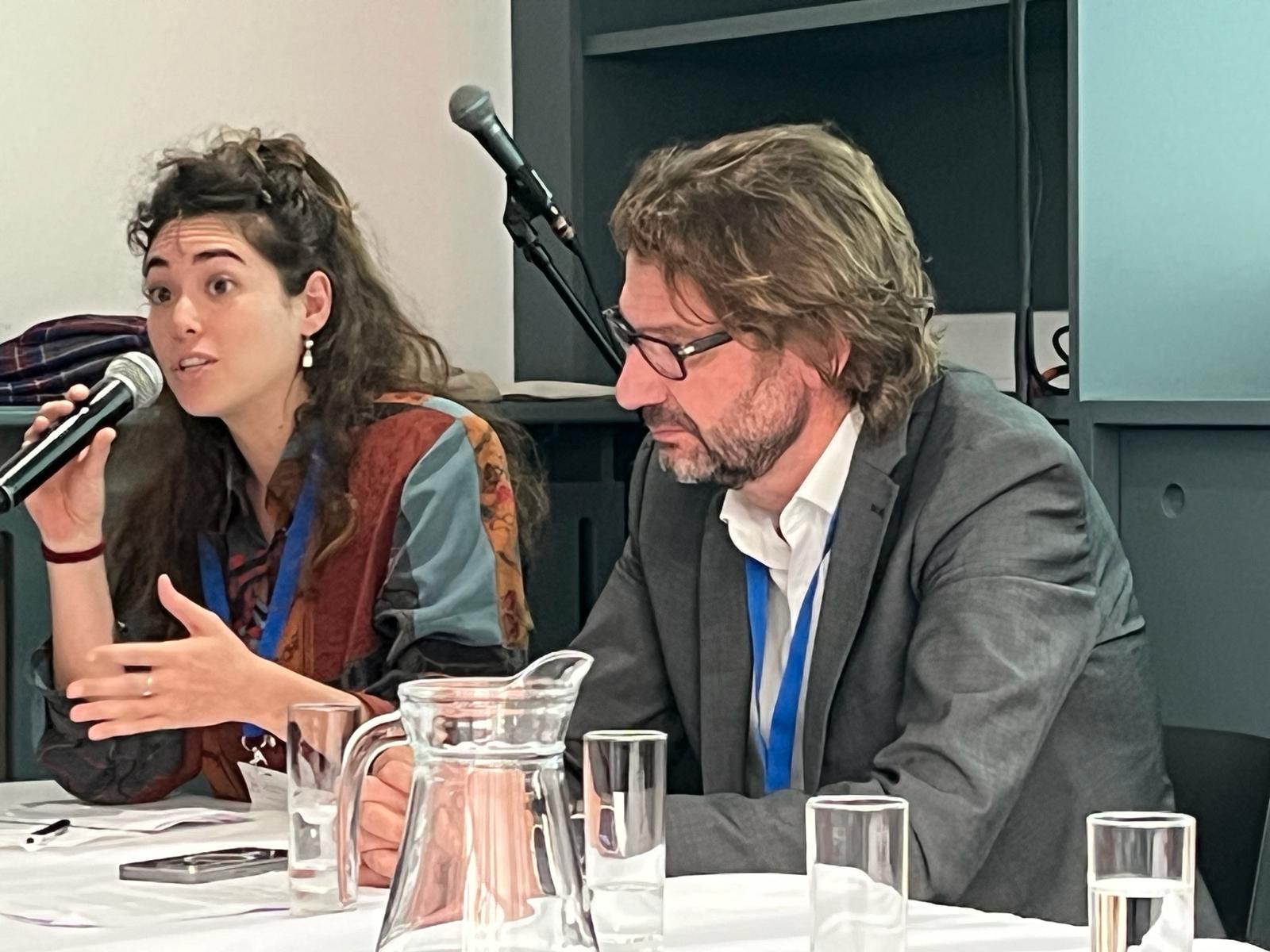 |



